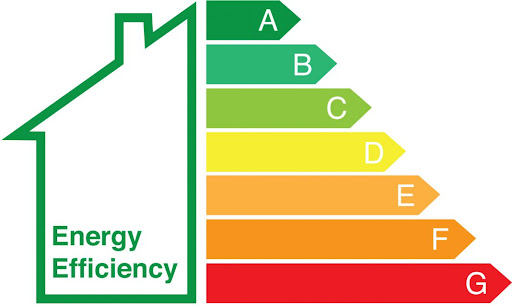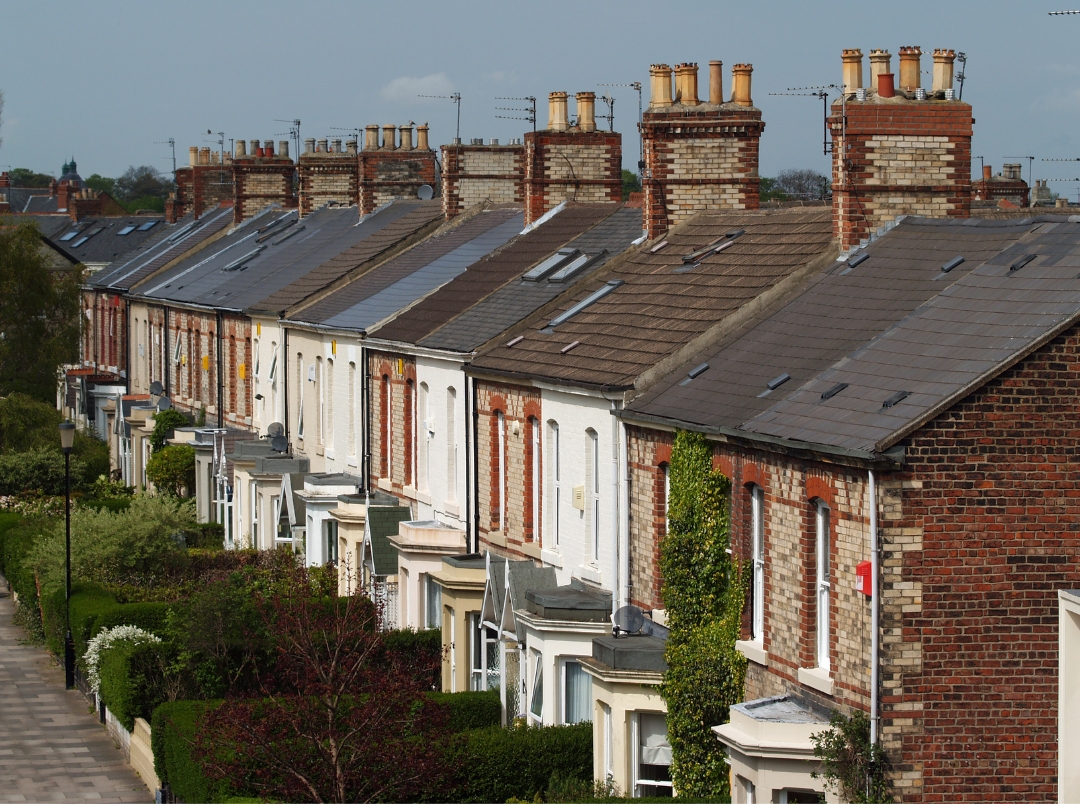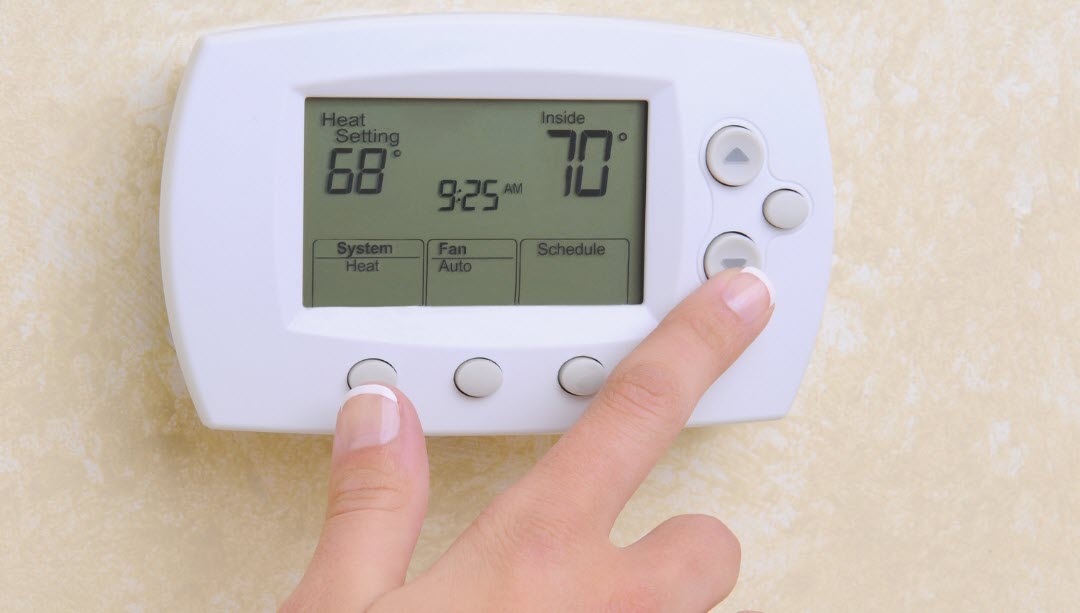Get a certified Domestic EPC assessment in South Yorkshire
Hi I'm Carol
I'm a certified Energy Performance Certificate (EPC) Assessor (DEA)with a proven track record in evaluating residential properties across the South Yorkshire Region, Rotherham, Sheffield, Doncaster & Barnsley.
With a deep understanding of building regulations and energy efficiency standards, I specialise in conducting thorough assessments to determine the energy performance of buildings.
My expertise includes using advanced diagnostic tools to collect critical data, to analyse and provide accurate, actionable recommendations for improving energy efficiency.
I'm committed to helping property owners enhance their building's energy performance, ultimately contributing to environmental sustainability. I am fully qualified and up-to-date with the latest industry practices and standards.

What is a Domestic EPC
An EPC stands for Energy Performance Certificate. It is a document that shows the energy efficiency rating of a property.
It also includes information on potential energy costs and recommendations for improvements.
What is the scale for EPC ratings?
The scale ranges from A (most efficient) to G (least efficient):
- A: This top rating signifies exceptional energy efficiency, translating to lower energy bills and minimal environmental impact.
- B & C: These ratings indicate efficient properties with cost savings and reduced environmental footprint.
- D: This falls under the average band, suggesting moderate energy efficiency with potential improvement.
- E: Properties with this rating are considered less efficient, which leads to higher energy costs and more significant environmental impact.
- F & G: These bottom ratings represent the least efficient properties, incurring significant running costs and a substantial environmental burden.

What the EPC rating tells you:
- Estimated energy costs: The certificate estimates your annual heating and hot water expenditure.
- Potential energy rating: This section suggests the highest achievable rating for the property if recommended improvements are implemented.
- Recommendations for improvement: The EPC outlines specific measures to enhance the property's energy efficiency, potentially boosting its rating and lowering energy bills.

Key points to remember:
- Higher ratings are desirable: Properties with better EPC ratings are generally more sought-after, command higher market value, and contribute to a greener environment.
- EPCs are mandatory: A valid EPC is legally required when selling or renting a property in the UK.
- Validity: EPCs are valid for 10 years.
Understanding EPC ratings enables you to make informed decisions regarding property choices, potential upgrades, and environmental impact.
Additional Resources:
- Energy Saving Trust: https://energysavingtrust.org.uk/

Why is an EPC important?
EPCs are essential for several reasons, including:
- Helping you to understand the energy efficiency of a property can be a major factor in deciding whether to buy or sell a property and to justify the asking price.
- A more energy efficient property will be cheaper to heat and cool.
- Buildings are responsible for significant carbon emissions. Improving the energy efficiency of our homes' will reduce carbon emissions and help tackle climate change.
- If you do not have an EPC for the property then you cannot legally sell or rent it

What does an EPC include?
An EPC will typically include the following information:
- The property's energy rating (A-G)
- The property's potential energy rating (A-G)
- Estimated energy costs
- Recommendations for improvements

How can I get an EPC?
EPCs can be obtained from a qualified Domestic Energy Assessor (DEA).
How much does an EPC cost?
The cost of an EPC will vary depending on the size and type of property. However, they typically cost between £60 and £120.

What happens if I don't have an EPC?
It is a legal requirement to have an EPC when selling or renting a property in the UK. You can only market your property if you have an EPC. You may also be fined.
Additional things customers might want to know:
- How long is an EPC valid for?
- What are the benefits of getting a good EPC rating?
- What are some of the most common recommendations for improving energy efficiency?
- How can I find out more about EPCs?

Are any grants available to improve the EPC rating of my home
Grants to decrease the building's energy consumption and improve your home's Domestic Energy Performance Certificate (EPC) rating can vary depending on your location and government policies. In the UK, schemes are often available through the government, such as the Green Homes Grant or Energy Company Obligation (ECO) scheme. These grants can help cover the costs of installing energy-efficient measures like wall insulation, roof insulation, heating systems, boiler replacement, ground source heat pumps, or renewable energy technologies. Check with your local authorities or energy suppliers for the latest information on available grants and eligibility criteria. An EPC assessment is often part of the eligibility criteria.

How do I know if my home has an EPC
In the UK, when a property is built, sold, or rented out, it's legally required to have an Energy Performance Certificate (EPC). You can check if your home has an EPC by:
- Checking Records: If you've bought or rented the property recently, your solicitor or landlord should have provided you with an EPC.
- Online Database: You can search for your property's EPC on the national register. Visit the EPC Register website https://www.gov.uk/find-energy-certificate and enter your postcode to find it.
- Contacting Landlord or Seller: If you're unsure, you can contact the landlord or seller of the property to inquire about the EPC.
Remember, having an up-to-date EPC is essential for understanding your home's energy efficiency and potential areas for improvement.

